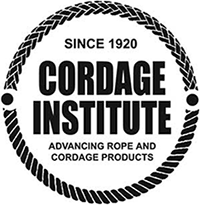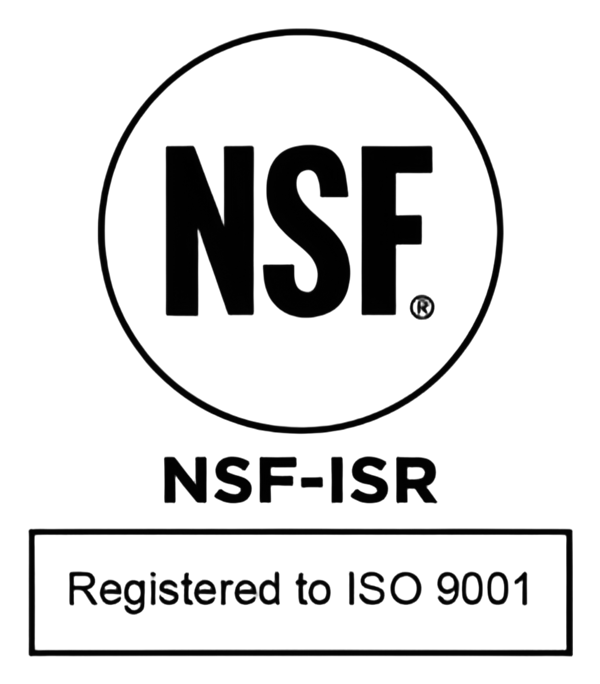When it comes time to order a lifeline, rescue rope, or other type of safety line, quality is a primary consideration. Many applications, and jurisdictions have certifications that lifelines must adhere to. In Canada, one of the primary certifications for lifelines is CSA (Canadian Standards Association). Lifeline Certification to CSA Z259.2.5 requires rigorous testing and monitoring of quality control in the manufacturing process. Cancord has been certifying lifelines to the required CSA Standards for many years.
One of the requirements for a CSA Z259.2.5 certified lifeline is that it be manufactured without splices in the yarn that is used to make the rope. Cancord has a rigorous quality control process to ensure all our lifelines are free form knots and yarn splices.
It is critical that lifelines be inspected prior to each use for evidence of yarn splices or damaged fibers. This is true regardless of whether or not the rope is new. Yarn splices are present where a tiny knot is visible in the yarns that make up the rope. This knot is evidence that while the rope was being made, one of the yarns feeding into the rope ran short, and was tied to a new yarn strand to continue the rope manufacturing process. The knot indicates a weak spot in the rope. Frays, cuts and broken fibers in a new rope indicate that the rope was not manufactured with the quality of yarn required for use in a lifeline. Frays, cuts and broken fibers in a used rope indicate that it is time to retire and replace the line.
Cancord lifelines are always manufactured with the highest quality yarns, on machines with the newest technology. Cancord lifelines are always manufactured with Quality you can bet your life on.





